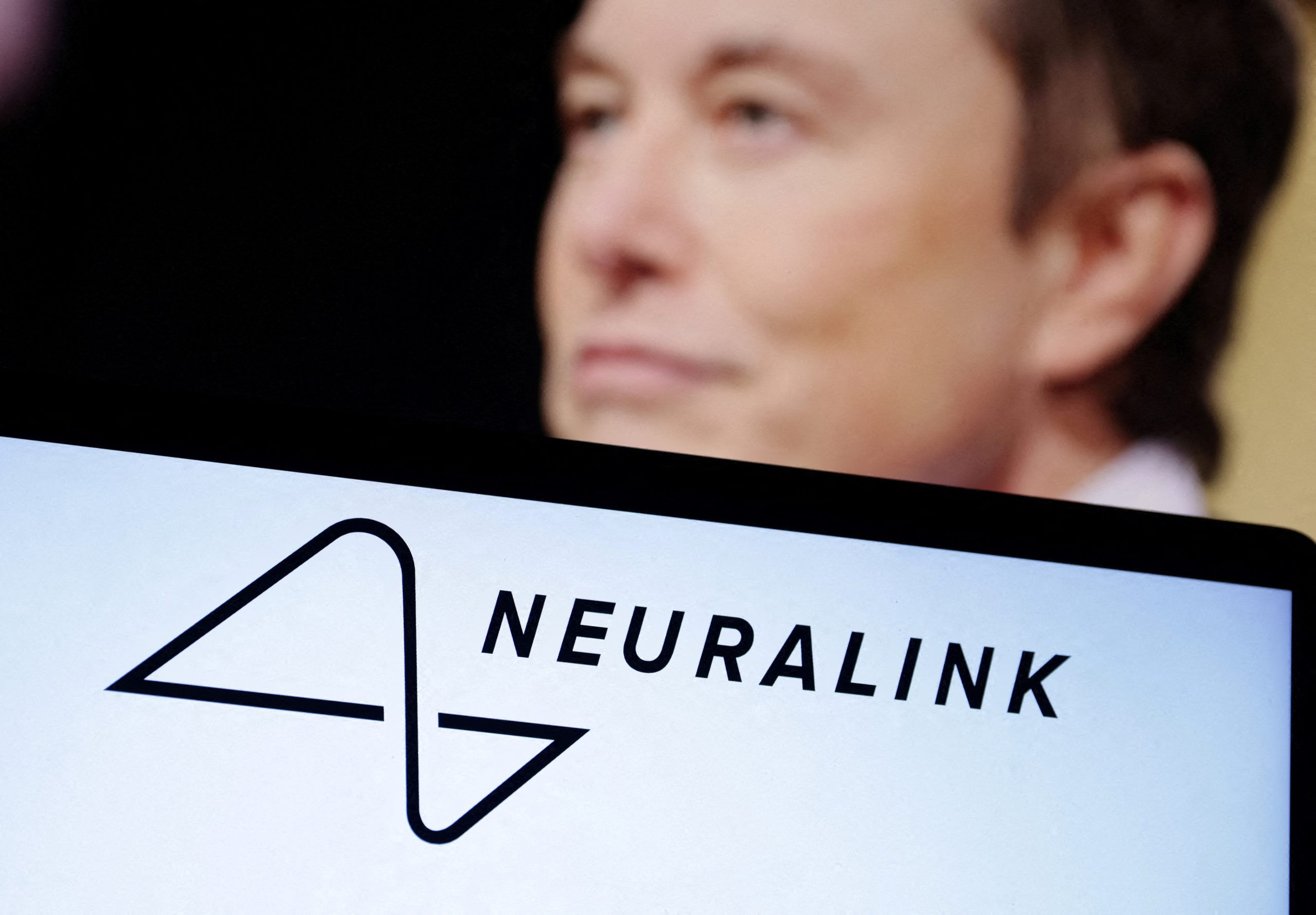
What is Neuralink?
Neuralink, Elon Musk’s new project, aims to elevate the field of medicine by treating brain and nervous system diseases through human-computer connection.
Medical technology is constantly evolving due to the emergence of new diseases and the ongoing need to address existing ones. This necessitates continuous advancement in medical science.
Elon Musk, a renowned inventor and technologist, has launched Neuralink, a project focused on developing an advanced device that connects the human brain to a computer for potential medical applications in treating various neurological disorders. This groundbreaking innovation, if successful, could significantly impact human lives.
Marking a significant step forward in Brain-Computer Interface (BCI) technology, Elon Musk recently announced that the first human recipient of the Neuralink chip can now control a computer cursor solely through thought, with no reported abnormalities.
‘We’re making good progress,’ he stated on the X platform’s Spaces feature. ‘The patient seems to have fully recovered without any adverse effects and can even control the computer mouse using their thoughts.’
Previously, Neuralink showcased the chip’s functionality through The PRIME Study video. Beyond its potential to treat symptoms of spinal cord injuries (SCI) and amyotrophic lateral sclerosis (ALS), the chip also empowers users to directly control touch keyboards and computer mice through their thoughts.
What is BCI?
Brain-computer interface (BCI) technology holds immense potential to revolutionize how humans interact with electronics. Through the translation of brain signals into control commands, BCI could enable individuals to operate various devices solely through their thoughts. This technology offers exciting possibilities for improving accessibility and potentially paving the way for a more intuitive way to interact with the world around us.
Elon Musk, a renowned entrepreneur and innovator, recently announced a significant milestone for his company, Neuralink. They successfully implanted a coin-sized chip in a human participant. Initial reports indicate the recipient is recovering well from the procedure.
It’s important to note that the term “Telepathy” used for the Neuralink device refers to a hypothetical form of communication beyond our current understanding. Additionally, the US Food and Drug Administration (FDA) approved human trials for the Neuralink device in May 2021.
The concept of BCI is not new and has captivated science fiction for decades. While Neuralink’s development brings it closer to reality, it’s crucial to remain cautious and acknowledge the ongoing research and development needed before widespread adoption can be considered.
This revised version removes redundancy, clarifies expectations and applications of BCI, and improves grammar and structure for better readability.

Brain-computer interface (BCI) technology is experiencing a surge in development, with numerous research initiatives underway globally. Neuralink, led by Elon Musk, is a prominent player in this field, but their journey hasn’t been without controversy, including regulatory fines and concerns about animal testing practices.
The competition is intensifying, with China announcing plans for its own BCI chip and an ambitious goal of delivering similar technology by 2025. This highlights the growing international interest in BCI and its potential to revolutionize various fields, including control of autonomous vehicles, virtual reality experiences, and medical rehabilitation.
However, with this advancement comes the need for robust regulations addressing privacy, data security, and the ethical implications of merging human and technological capabilities. The potential for a “BrainNet,” allowing direct brain-to-brain communication, presents exciting possibilities but also raises profound social and ethical questions regarding its impact on communication, governance, and societal structures.
While advancements in BCI hold promise, it’s crucial to acknowledge the uncertainties surrounding its long-term implications. Further research and open discussions are essential to ensure this technology is developed and utilized responsibly for the benefit of humanity.
Source: bangkokbiznews
Contact Easetrack
